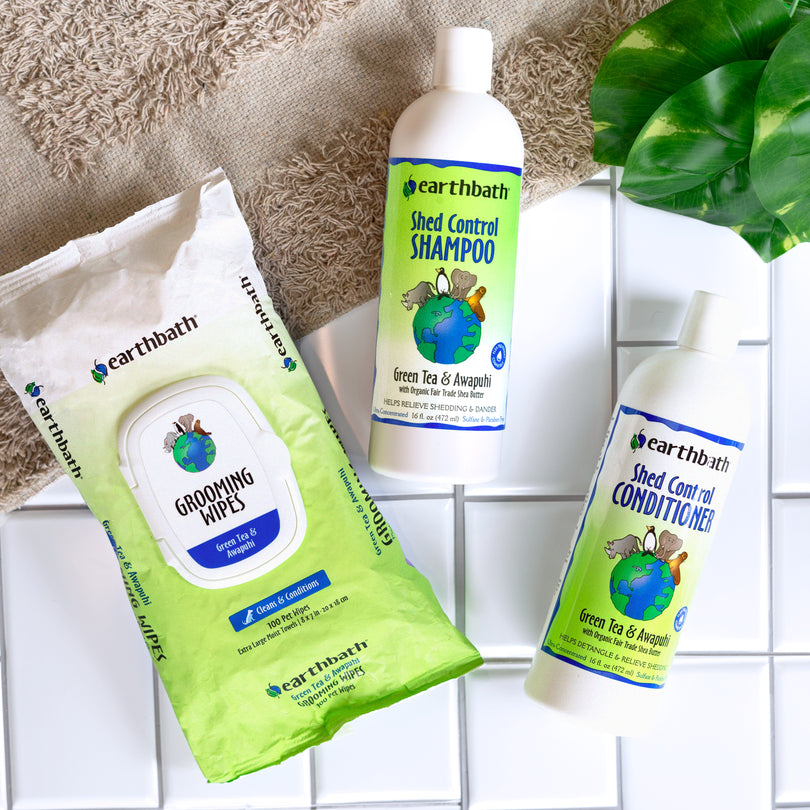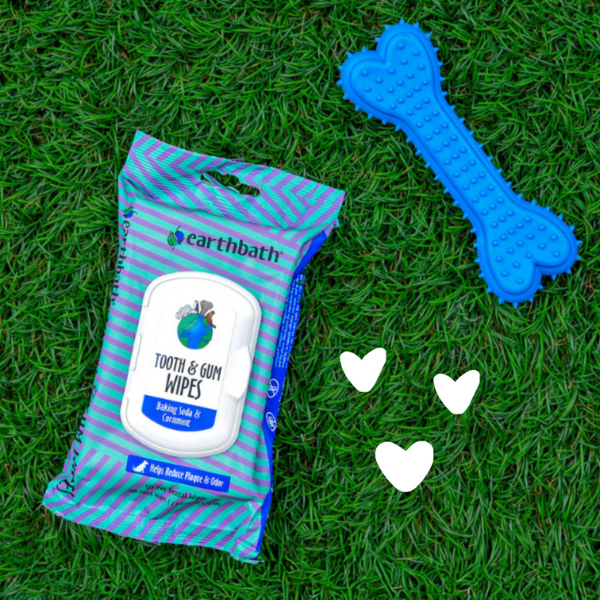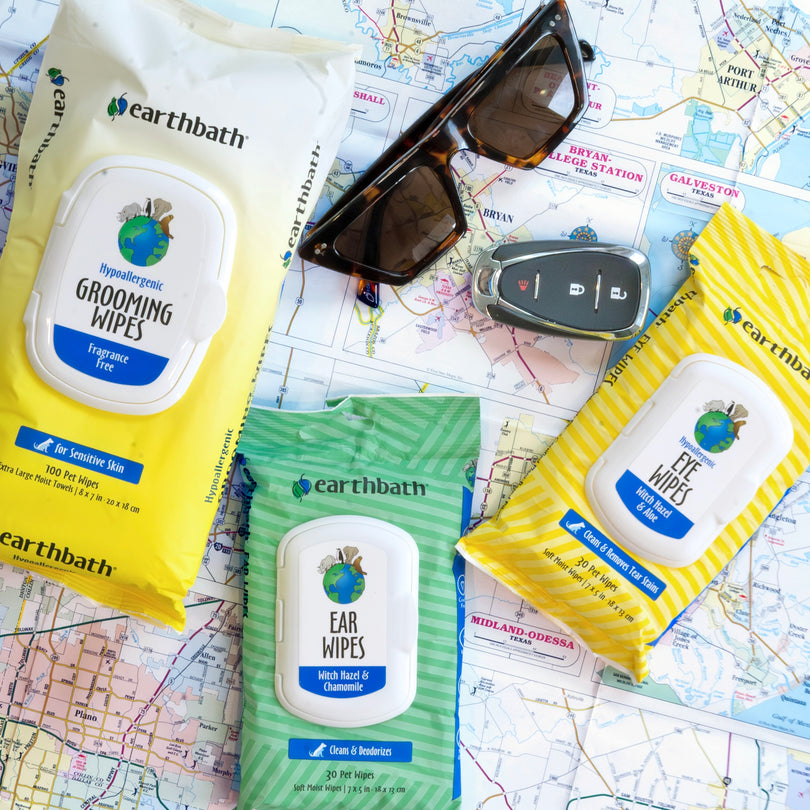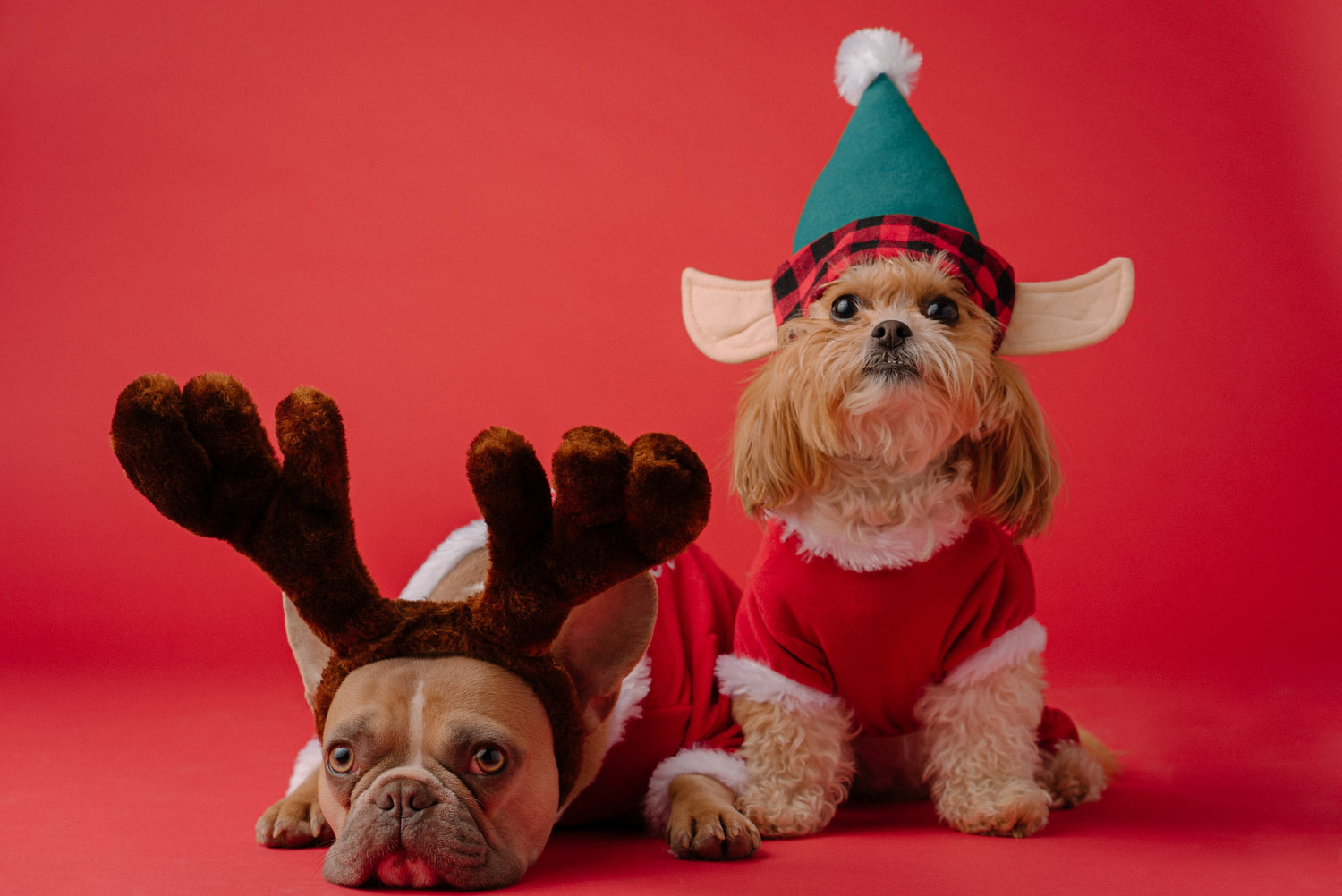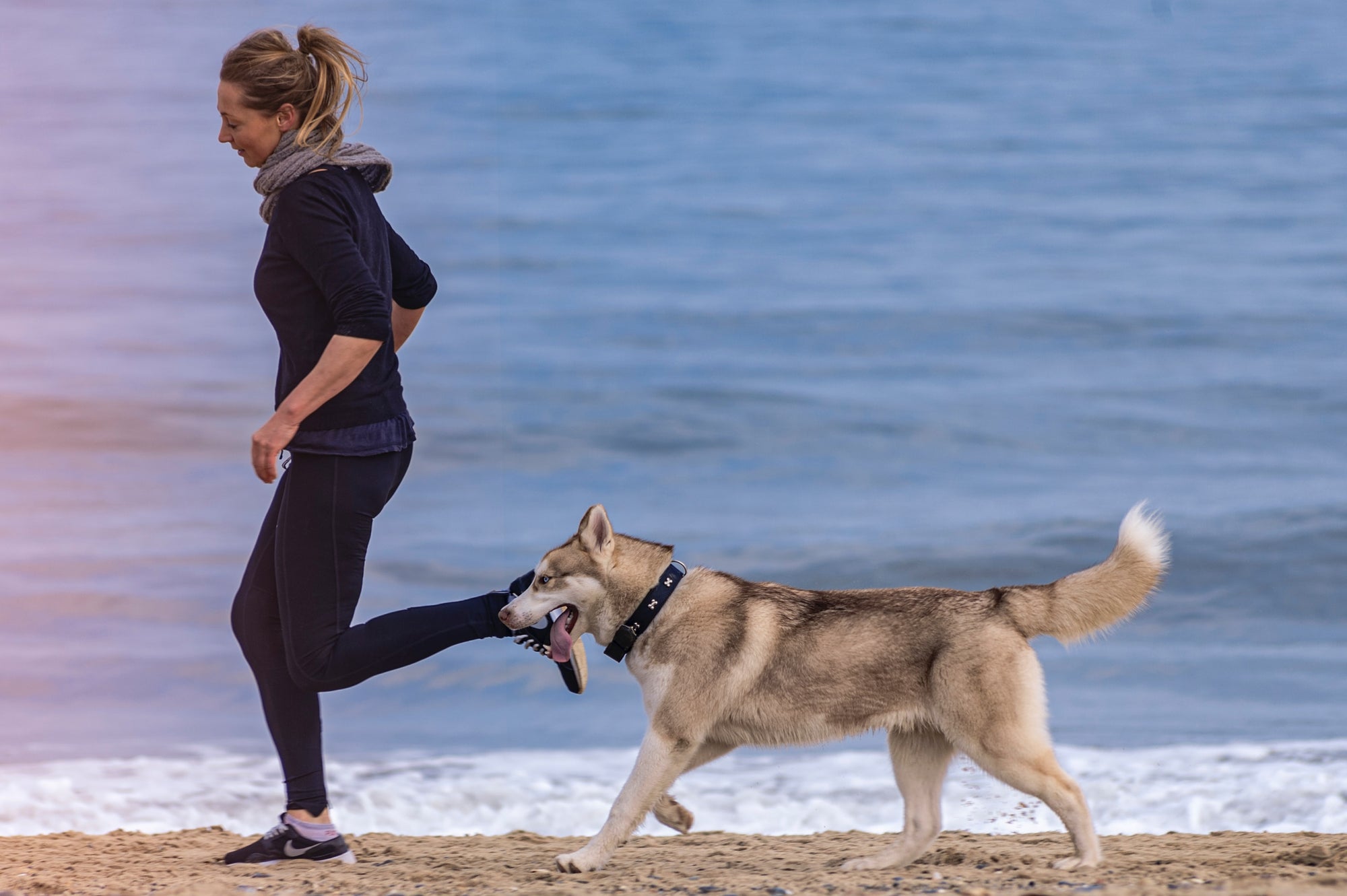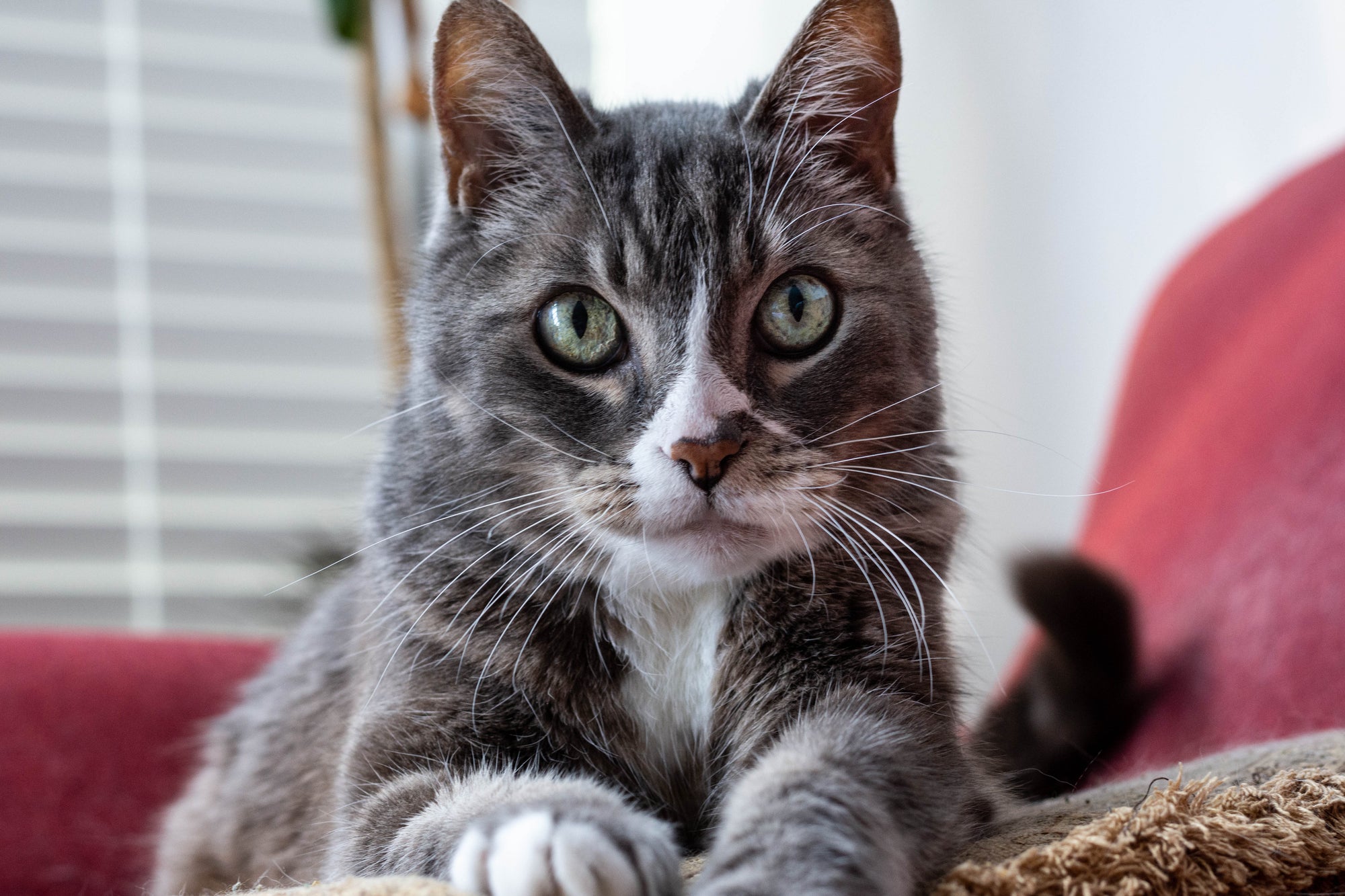With the hustle and bustle of the holidays, it’s easy to overlook your pets and how they might react to all of the new holiday decorations, food, and foliage. When it comes to the increased activity and tantalizing new decorations around the house, think like your pet. Some pets are unfazed by anything, or act about as curious as a bored teenager. If your pet is one of these, you probably don’t have much to worry about. On the other hand, if you’ve got a playful puppy, curious dog, or, let’s face it, any kind of a cat (after all, the saying “Curiosity killed the cat” came about for a reason), read on. From overly-curious cats to rambunctious dogs, consider these five tips to keep your furry kids out of trouble during the holidays.
Are your decorations pet-safe?
Pets often resemble human kids in a layer of fur when it comes to their curiosity level about holiday lights, decorations, wrapped presents, ribbons, and bows. Holiday decorations are meant to spark wonder, curiosity, and delight: which for pets, spells trouble. Before you hang your most precious glass ornaments within reach of your dog’s curious nose, or before you adorn all of your presents with fun-looking but dangerous ribbons, consider removing anything within reach of your dog or cat. Put tree decorations up higher. Skip the tinsel (which can be fatal to animals that ingest it). Consider putting out all of the Christmas presents on Christmas Eve or Christmas morning, reducing the amount of time they’re available for curious noses to be sniffing around. Make sure your Christmas lights are in good shape and aren’t accessible to be chewed.
Limit (or eliminate) human-food “treats”
We’ve all done it, and it’s okay. If we’re indulging over the holidays in a little bit extra, why shouldn’t we also indulge our dogs, who so obviously know what’s going on and want in on the pie? Sure, within reason, dishing up some holiday dinner for your pet is fine, but consider the following health hazards to your pet when you’re spooning out the leftovers: Bones that have been cooked are dangerous for dogs, and not just chicken bones. Cooking bones makes them brittle, which means it’s more likely that they can splinter and choke your dog as he’s chewing on them. As you probably already know, chocolate is toxic to dogs and should be completely out of reach and never given as a treat. And finally, if you serve your pooch something out of the ordinary and notice him acting strangely: scratching excessively, swollen tongue, throwing-up, call your vet right away. He is exhibiting signs of a severe food allergy.
The prettiest plants are the most poisonous
Well, this may not be a complete generalization, but when it comes to holiday plants, most of them, unfortunately, are poisonous to animals, including poinsettia, mistletoe and holly. Christmas trees are generally safe for pets, so even though you may notice your dog or cat annoyingly nibbling on the pine needles, they aren’t poisonous. You can learn more about common plants that are dangerous for your pets in our recent blog post.
Don’t play with fire
It’s not often talked about but many animals are injured by fires during the holiday season. A lesser-known cause of animal injury during the holiday season is fire. The holiday spirit seems to inspire an increase in candle-burning and wood-burning fires, and both can be dangerous to overly curious pets. Candles are a favorite of cats, who don’t understand how dangerous it is to literally play with the fire. Many cats love to try to bat the dancing flame with their paws and it’s all too easy for a candle to be knocked over, or even light their whiskers on fire.
If you have a wood-burning fireplace, make sure that your fireplace has a sturdy screen, and ensure that any pets who love to take a nap in front of the warm fire stay out of the range of popping embers.
Winter grooming
The cold air and harsh winds and snow this time of year can lead to dry skin and cracked paws. Our Itch Relief Grooming Set is what we always recommend during the winter, and you learn more ideas to help with your dogs dry skin in our blog post.
Keeping your pet protected from the elements is a major priority no matter the time of year, so be sure to always have the emergency number for your veterinarian and the emergency animal hospital in your area posted somewhere handy or stored in your cell phone, just in case you need it for your pet this holiday season.

